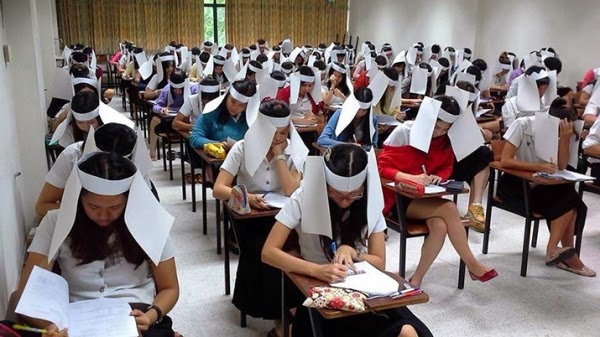xMOOCs as on-demand documentary viewing

For the past semester I've mostly ignored synchronous learning on coursera. Instead of consuming materials as they are released, I log in once a week, download the videos for the course, and I keep them in my video library. If there are textual materials available as well, I donwload those, but I tend to focus more on video materials. When inspiration (or curiosity) strikes, I dive into the specific course of interest and have a video play. At the moment I tend to play lectures in chronological order, the order that they were listed in - in the course I got them from. So, why not use coursera as "intended"? Well, the predominant reason is the lack of time. These past two semesters have been quite busy for me and I don't have the time or inclination to do things as they are released by content providers (yes, I know - the noun used was quite deliberate). There are also a lot of interesting courses being offered, not just on coursera, but also other MO...

.jpg)
